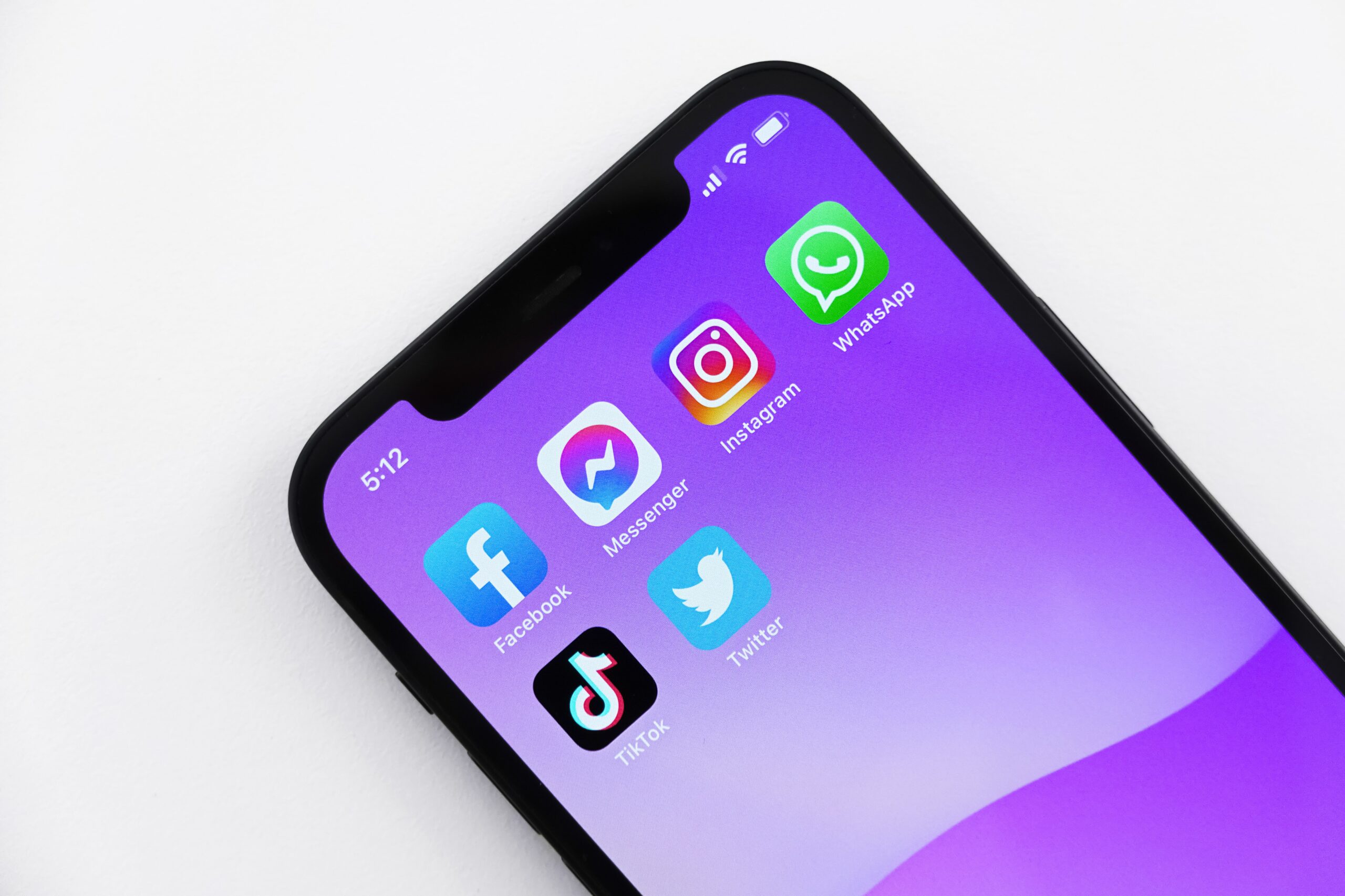Being a social media influencer can be fun and personally rewarding. As a career, it can even be financially rewarding. But, there are legal risks. Media and news reports show a clear trend of influencers being sued. If you are a social media influencer and you get served with a lawsuit, you will need an experienced social media influencer law firm like Revision Legal. Call us at 231-714-0100. We are internet and social media influence attorneys with proven experience with IP protection, contract law, and complex litigation. It is also wise to engage legal services to avoid pitfalls and mistakes that can lead to social media influencer litigation. Below is a quick explanation of some social media influencer legal risks.
Breach of Contract
Probably the most common claim made in social media influencer litigation is breach of contract. That is, a marketing company/business enters into a contract with a social media influencer to promote a product or brand in exchange for money. Failure to honor contractual obligations will lead to litigation. As a famous example, Los Angeles-based marketing firm Studio 71 sued social media influencer YouTube star Bethany Mota for breach of contract and fraud. According to media reports, Studio 71 agreed to fly Mota and her manager to Hawaii and pay her $325,000 to produce an influencer video using a certain skin care product. However, Mota failed to produce the video. Studio 71 sued to recover damages and for a declaration that it had no obligation to pay Mota the remainder of her “talent fee.”
Intellectual property infringement
Another common litigation risk for social media influencers is being charged with infringement of intellectual property, like copyright or trademark infringement. An example here is the filing of several lawsuits in federal court by brands Cartier and Amazon against several unnamed social media influencers and businesses over the promotion of counterfeit jewelry. According to media reports, the litigation targets allegedly colluded to infringe on Cartier’s registered trademarks and violate Amazon’s policies by selling counterfeit products and engaging in false advertising. According to complaints, the social media influencers used their own websites and Instagram accounts to direct their followers to Amazon listings containing fake Cartier bracelets, necklaces, and rings.
At least, based on the reports, the Cartier case might be one of intentional infringement. But, many social media influencers can get caught up in litigation for accidental or innocent infringement. Using copyrighted music or images without permission is a way that this can happen. Trusted social media influencer attorneys can help avoid legal risk and can help your legal defense if you end up being sued.
Other Social Media Influencer Legal Defense Needs
Other reported influencer lawsuits have included the following:
- Fraud and conspiracy: The best example is the Fyre Festival event; the main culprit is in prison, but two influencers were implicated for promoting the event without disclosing their promotions were paid.
- FTC investigations: The Federal Trade Commission has federal regulatory authority over social media influencers; failure to prominently disclose paid consideration is a form of deceptive business practice and false advertising.
- Defamation: Both being accused of defaming another and being defamed.
Contact Revision Legal
If you need an experienced team of social media influencer attorneys, call Revision Legal at 231-714-0100.




